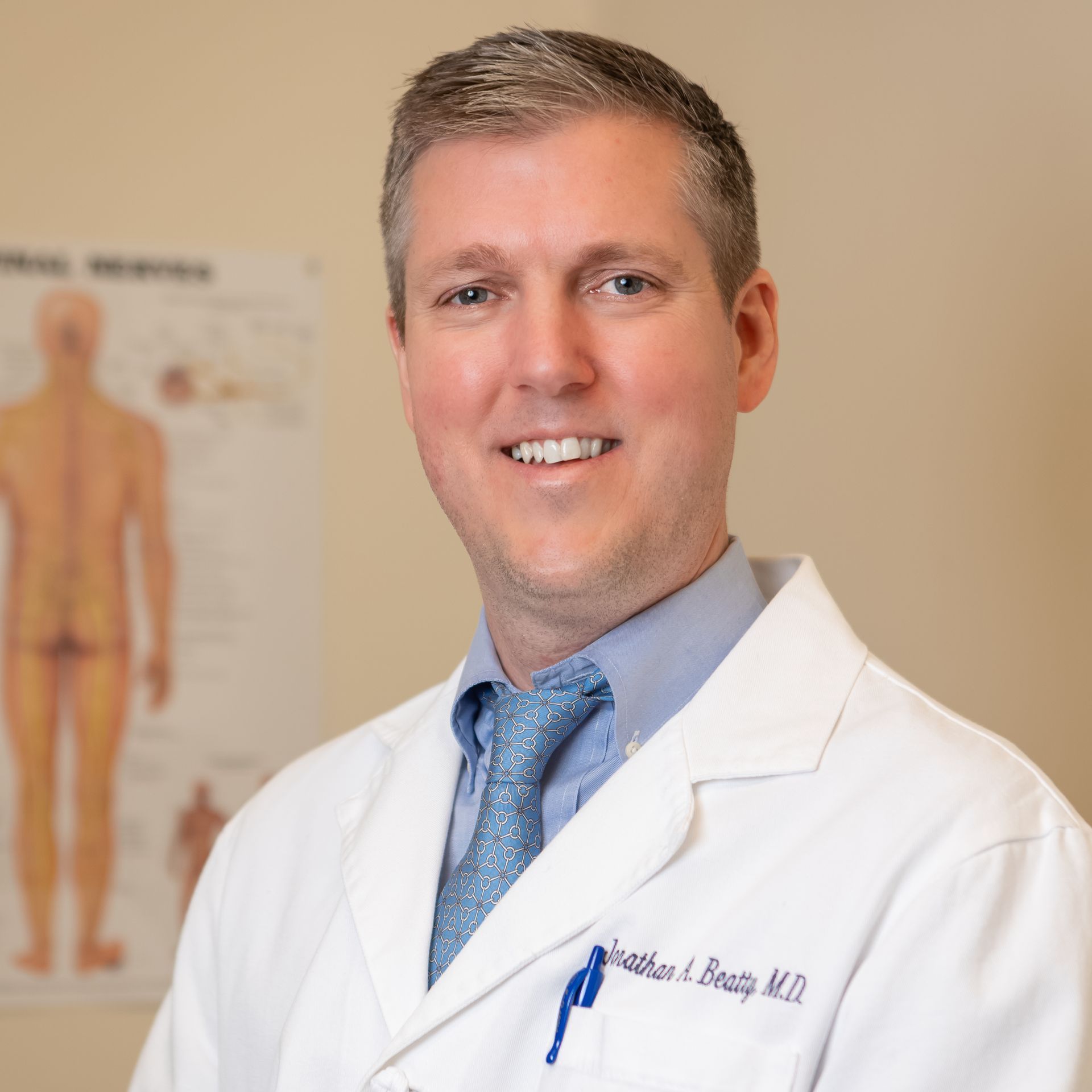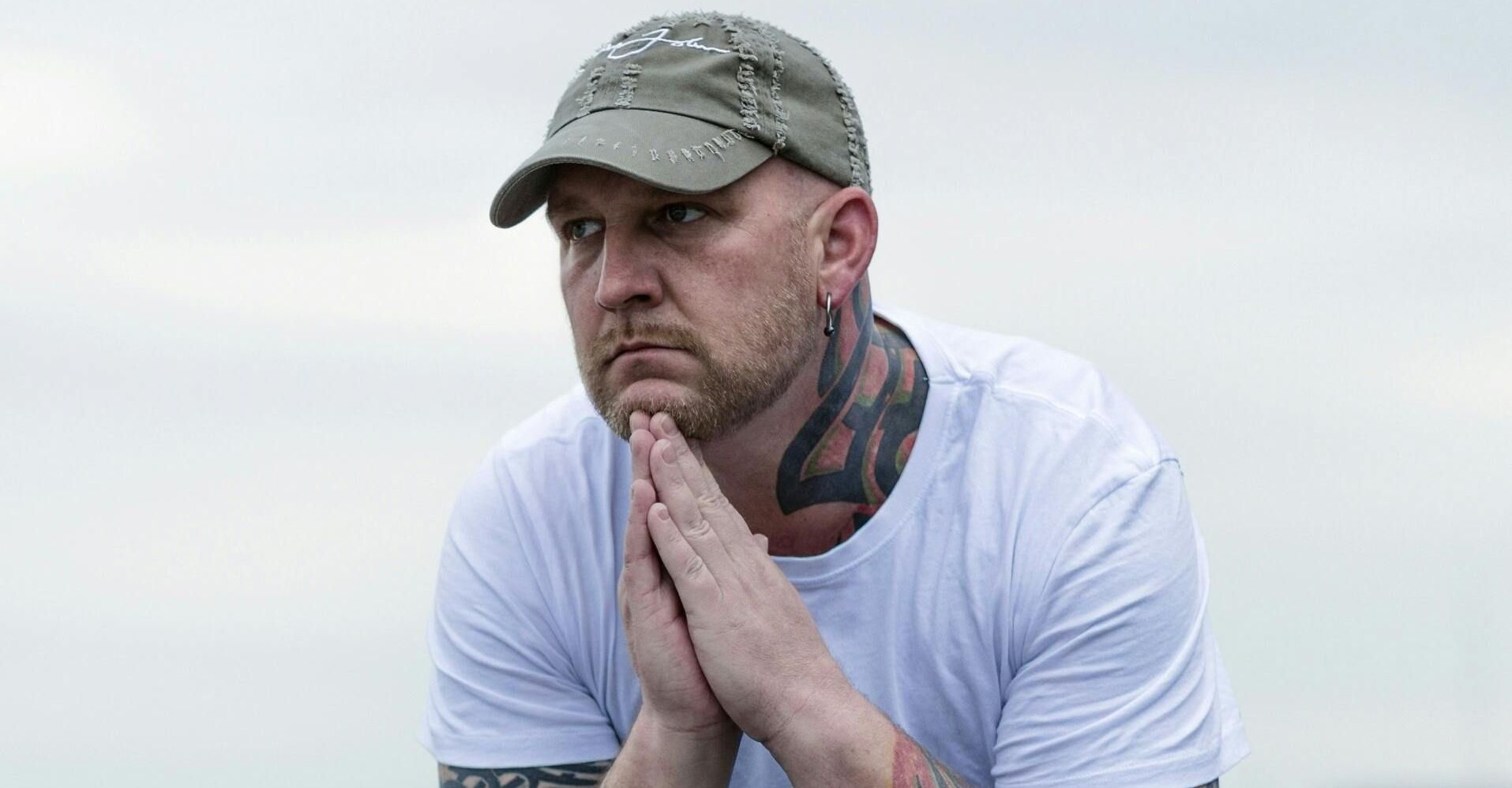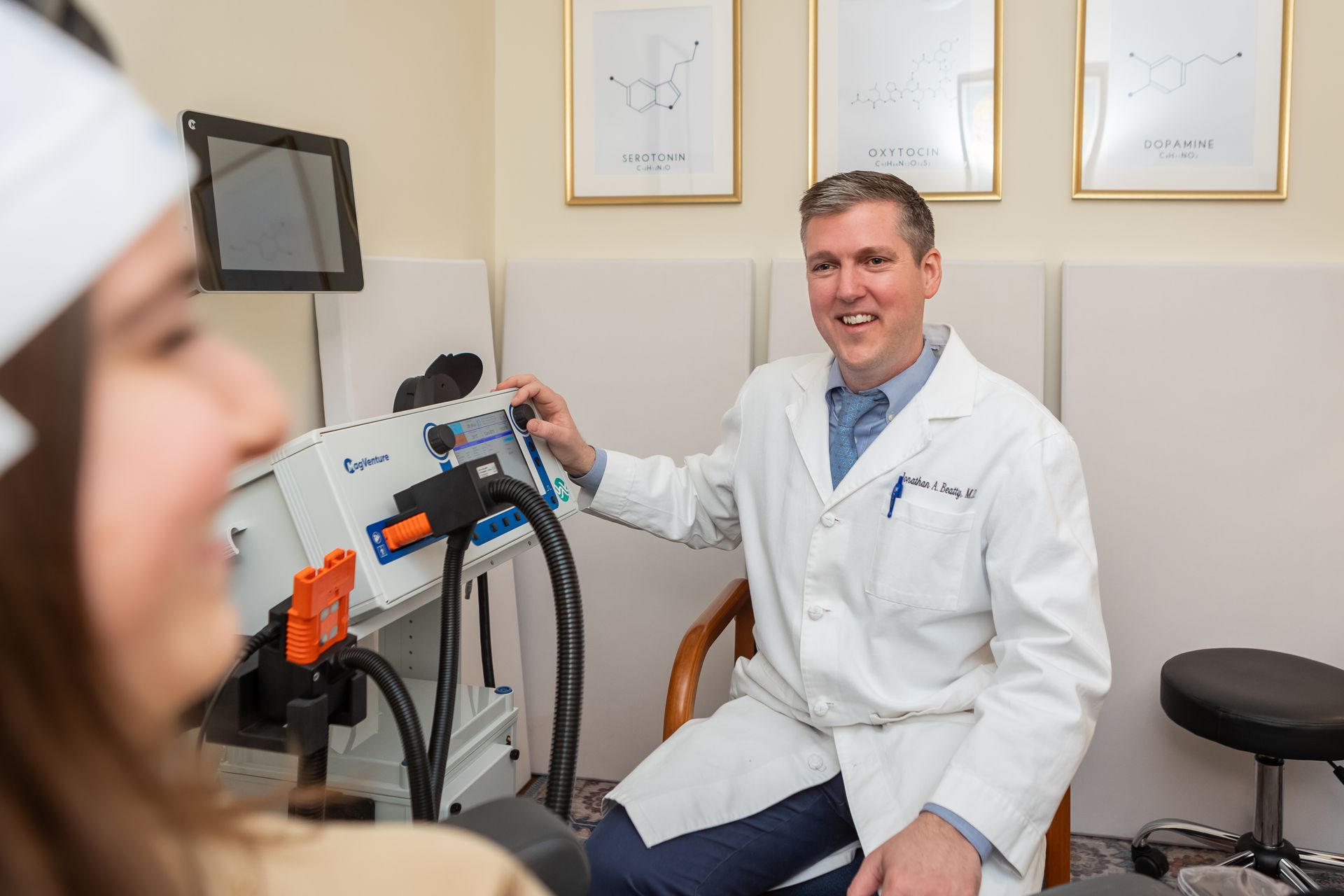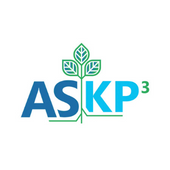When All Else Fails, an Alternative Treatment for Depression
Wave Treatment Centers
When all Else Fails, an Alternative Treatment for Depression
Chestnut Hill Local, March 7, 2024
by Jeff Meade
An estimated nine million Americans live with depression. And research suggests that about 30 percent suffer from treatment-resistant depression, meaning that traditional approaches like antidepressant drugs and talk therapy simply haven’t worked.
Enter a state-of-the-art treatment approach to major depression called transcranial magnetic stimulation (TMS), a noninvasive treatment that transmits magnetic pulses into the brain to improve depression symptoms. About 50 to 60 percent of people with depression who have tried traditional depression medications without success experience significant remission with TMS, and about a third experience full remission.
“You’ve tried this medicine and you’ve tried that medicine, but they haven’t gotten your brain physiology back on track,” says Dr. Jonathan Beatty, a psychiatrist, TMS provider, and medical director and founder of Wave Treatment Centers. But these drugs, called neurotransmitters or monoamines, he says, “are really only half the story of the brain. That’s the chemical side. But there’s also the electrical side.”
Traditional antidepressant drugs control neurotransmission, a chemical process that carries impulses between nerve cells in the brain. In the case of depression, the chemicals regulate mood and behavior. Often overlooked are electrical impulses – much like the electrical impulses in the heart that produce a normal rhythm, says Dr. Beatty, who grew up in Chestnut Hill.
Areas of the brain can be altered or shut down by depression, but brain waves can be retrained back into a normal rhythm with TMS, says Dr. Beatty. During the procedure, a handheld magnetized wand is held lightly against the left side of the scalp, and an electrical current passes through the coils at the end of the wand, stimulating nerve cells in highly localized areas of the brain. It might seem like something out of the future, but TMS has been around for a while, approved by the Food and Drug Administration in 2008. The procedure is performed in the doctor’s office.
“The treatment or the technology itself is very similar to the MRI machine,” he says. “Most people are familiar with that. But instead of generating an image, TMS generates a pulsatile magnetic field that helps influence the way the brain communicates. The pattern of that pulsing is consistent with the way a normal brainwave should function, and it coaxes the brain back into that rhythm.”
TMS isn’t a one-and-done treatment. It requires a significant time commitment. Patients generally receive treatments once per day, five days per week for six weeks.
The initial appointment consists of brain mapping, using the device to identify the area of the optimal treatment location. The treatments that follow last about 20 to 30 minutes each. Benefits last six months to a year.
Many people only need the initial set of sessions, Dr. Beatty says. Others might benefit from maintenance sessions, an average of once per month. Treatments are generally painless, with side effects at most being a mild headache.
A successful treatment for depression when all else fails is more than just desirable. It’s vital, perhaps life-saving.
Those who suffer from depression know that it is more than just a rough patch, or a temporary bout of sadness. Depression can cause long-term dejection and despondency, a depressed mood, leading to loss of interest in everyday activities and feelings of worthlessness, among other symptoms. This form of mental illness can be deeply disabling. The risk of suicide in those with major depression is roughly 20 times that of the general population, according to government statistics.
“These people are suffering, and many have been suffering for years,” says Dr. Beatty. “Most of the patients we see have been within the same depressive pattern for five years, sometimes 25 years. And then with some of these treatments, we are seeing them break through and come back to themselves. Sometimes they don’t know what to do with themselves because they’ve been depressed for so long. It’s pretty amazing, and it’s a good problem to have. About 35 percent of these patients go into full remission, meaning they are symptom-free. The statistics are pretty compelling in the most severe population.”
TMS is also used for the treatment of obsessive-compulsive disorder, bipolar disorder, anxiety, and memory loss. Medicare and many (but not all) other insurers cover it after treatment with medications has failed.
In addition to TMS, Dr. Beatty treats major depression with ketamine and a medication called Spravato (esketamine). These medications can be life-savers in patients who are at risk of psychiatric hospitalization or even suicide – what Dr. Beatty describes as “the sickest of the sick.”. There are rigorous government requirements and training qualifications for the use of these drugs, so they are not available in general practice.
Wave Treatment Centers also provide specialized addiction services and a full range of psychiatric services. For more information: 215-242-0420. The Chestnut Hill office is at 6 East Willow Grove Ave., the corner of Germantown and Willow Grove Avenues.
For more information about Wave Treatment Centers, which has offices in Chestnut Hill and Center City, call (215) 242-0420 or visit wavetreatmentcenters.com.

Schedule Your Consultation
Blog Form
We will get back to you as soon as possible.
Please try again later.

CHESTNUT HILL
6 E. Willow Grove Ave.
Philadelphia, PA 19147
215-242-0420
PHILADELPHIA
407 South 10th Street
Philadelphia, PA 19147
215-242-0420
OFFICE HOURS
- Mon - Fri
- -
- Sat - Sun
- Closed













